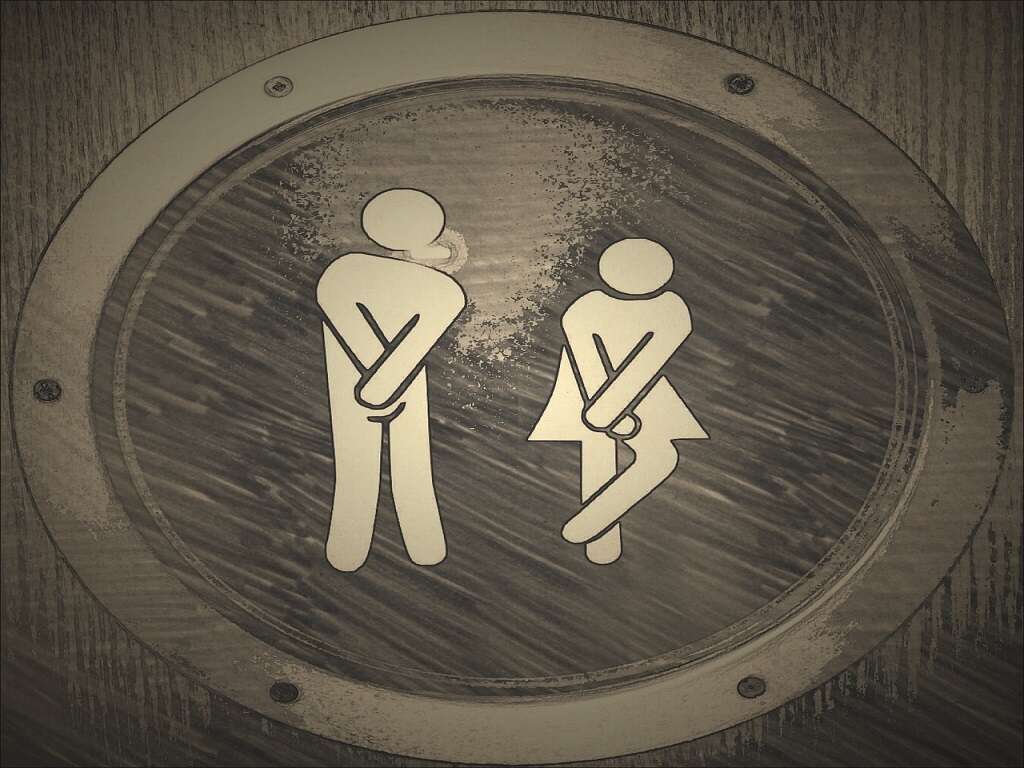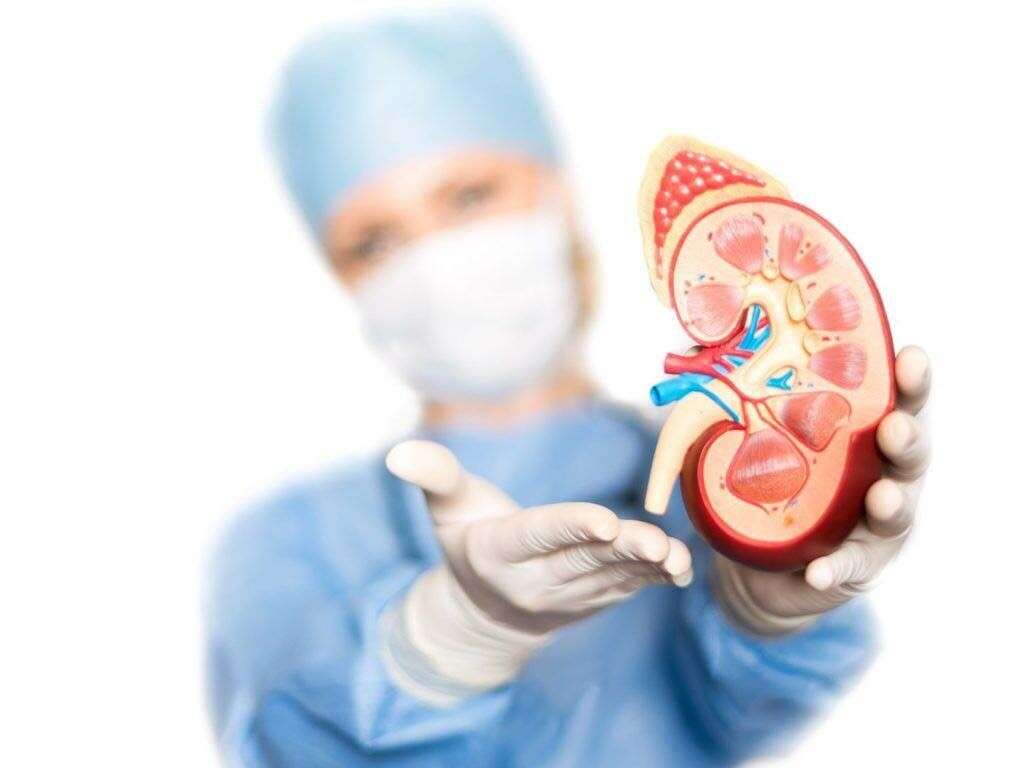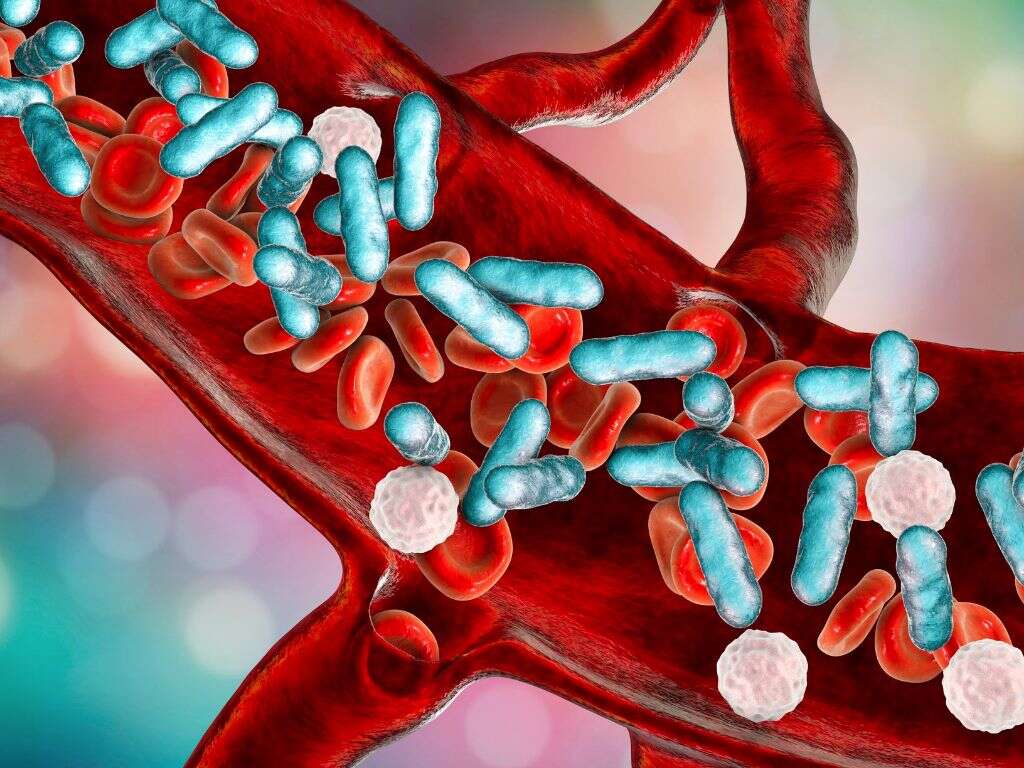What Is Acute Renal Failure?
Acute renal failure is a result of the sudden onset of kidney malfunction. The kidneys cease to be able to effectively filter waste from the blood, resulting in an accumulation of toxins in the bloodstream and altering the chemical balance. It often occurs in those who are in the hospital for other critical conditions.
Acute renal failure develops rapidly and requires immediate and intensive treatment measures. Onset can occur in a matter of days, unlike non-acute kidney failure, which develops slowly. The acute condition is potentially fatal, particularly when treatment is delayed.
1. Causes
There are three primary factors that can lead to acute renal failure. The first of these is when the blood flow to the kidneys is impaired. This can occur as the result of a serious infection, a heart attack or heart disease. Blood pressure medications, aspirin and ibuprofen can also reduce kidney blood flow.
When the kidneys become damaged from blood clots, cholesterol deposits, inflammation, infections or other causes, the resulting injury can reduce the organ’s ability to filter waste. Sepsis is one of the leading causes of kidney inflammation.1Murugan, Raghavan and John A. Kellum. Acute kidney injury: what’s the prognosis? Nature Reviews Nephrology vol. 7,4 (2011): 209-17. doi: 10.1038/nrneph.2011.13. Another potential cause is a blockage of the urinary passage from cancers, urinary tract blood clots or an enlarged prostate.
2. Risk Factors
Acute renal failure generally does not appear in isolation. It occurs as a result of another medical condition. The risk of acute failure is increased when a person has one of the contributing conditions. People with sepsis, liver and kidney disease, heart failure, diabetes, high blood pressure and certain types of cancers are more at risk for acute kidney failure.
This condition is often seen in people who are already hospitalized, more frequently in intensive care, for serious medical conditions. It contributes to complications for approximately 7% of hospitalized patients.2Hilton, Rachel. Acute renal failure. The BMJ vol. 333,7572 (2006): 786-90. doi: 10.1136/bmj.38975.657639.AE. Older adults are at a higher risk, and cases among that population are increasing.2Hilton, Rachel. Acute renal failure. The BMJ vol. 333,7572 (2006): 786-90. doi: 10.1136/bmj.38975.657639.AE.
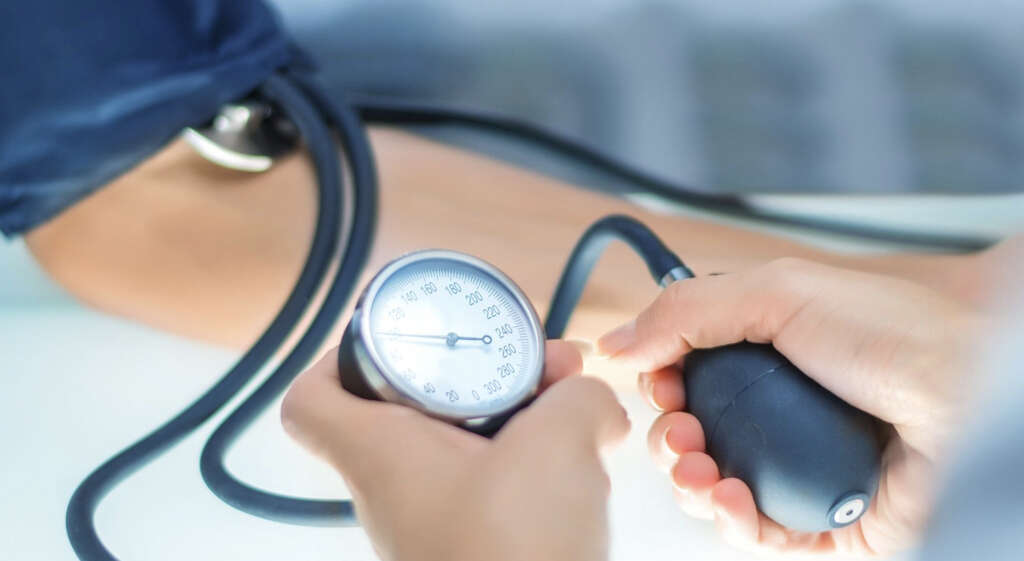
3. Transmission
The condition is not contagious, which means that it is nontransmissible. A majority of the factors that cause acute renal failure are also not contagious. The only exception is a serious infection; however, acute kidney failure is not an inevitable outcome from such an infection.
People who provide care for individuals who are at risk of acute renal failure are at no risk themselves. In the case of severe infections, care should be given to reduce infection transmission. In other instances, the caregiver should be alert for the signs of acute renal failure in the person they are caring for.
4. Diagnosis
When a patient’s signs indicate the possibility of acute renal failure, tests are run to confirm a diagnosis. The physician may take measurements of how much urine is eliminated over a 24-hour period and analyze the urine for irregularities.
Blood tests are often used to detect urea and creatinine levels, both of which are waste products that are found in the blood. High levels of these substances are indicative of acute renal failure. Occasionally, a biopsy is performed to determine whether any kidney damage or disease is present.

5. Signs and Symptoms
Some people with acute renal failure do not demonstrate any symptoms, but this is not usual. One of the first signs of the condition is a reduction in urine elimination, though this symptom is not always present. People with the condition often have swelling in their ankles, feet or legs due to fluid retention.
Cardiovascular signs such as shortness of breath, chest pain and irregular heartbeat are sometimes present. There is also the potential for nausea, confusion, weakness and fatigue. Rarely, and in more severe cases, an individual may experience seizures or slip into a coma.
6. Complications
There are several potential complications from acute renal failure. When fluid begins to accumulate due to the kidney’s inability to effectively eliminate waste, excess fluid can settle in the lungs. Additionally, an imbalance in the blood’s chemistry may cause muscle weakness due to low levels of electrolytes.
Inflammation of the pericardium, which is the lining that surrounds the heart, is also possible. The condition can lead to permanent kidney damage, causing end-stage renal disease. Should this occur, long-term dialysis or a kidney transplant are necessary. Acute renal failure can lead to death.
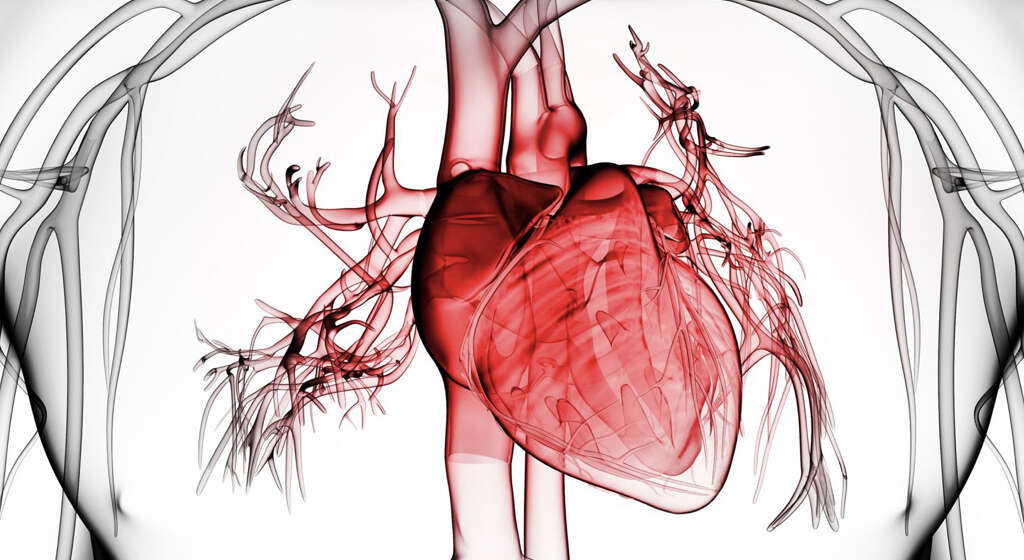
7. Treatment and Management
A majority of the people with acute kidney failure are already in the hospital; however, should the condition begin in the home, hospitalization is generally necessary for treatment. The protocol followed to treat the issue depends on what has caused it. Steps are taken to reduce the symptoms that inhibit healing.
It may be necessary to undergo temporary dialysis to filter out the toxins in the blood. Balancing fluid levels through an intravenous delivery of fluids when levels are low or by using diuretics to flush the excess is often crucial. The physician may also prescribe medications to reduce potassium levels and restore calcium in the blood.
8. Prevention
The sudden onset of acute renal failure makes it difficult to prevent. However, there are steps that can be taken to decrease the risk, such as avoiding non-steroidal anti-inflammatory drugs and maintaining healthy blood pressure.2Hilton, Rachel. Acute renal failure. The BMJ vol. 333,7572 (2006): 786-90. doi: 10.1136/bmj.38975.657639.AE. If NSAIDs are taken, it is important to follow the directions and not consume more than the amount indicated.
People who have medical conditions, such as diabetes, that increase the risk of acute kidney failure need to work closely with their doctor to manage their condition. In general, maintaining a healthy lifestyle — which includes drinking plenty of water, consuming alcohol in moderation, eating a balanced diet and exercising — can reduce the risk of acute renal failure.

9. Prognosis
The prognosis for acute renal failure is variable depending on the severity and how quickly treatment begins. Some people are able to recover from the condition with normal or near-normal kidney functioning, while others sustain significant permanent injury that requires dialysis or a transplant.
People who recover from acute kidney failure are at higher risk for developing end-stage renal disease or chronic kidney disease.1Murugan, Raghavan and John A. Kellum. Acute kidney injury: what’s the prognosis? Nature Reviews Nephrology vol. 7,4 (2011): 209-17. doi: 10.1038/nrneph.2011.13. The condition can lead to death, and mortality rates are particularly high when sepsis is the reason for the malfunctioning kidneys.1Murugan, Raghavan and John A. Kellum. Acute kidney injury: what’s the prognosis? Nature Reviews Nephrology vol. 7,4 (2011): 209-17. doi: 10.1038/nrneph.2011.13.
10. When to See a Doctor
Since most people are already hospitalized when they develop acute renal failure, they are already under a doctor’s care. However, should the person begin to exhibit the signs of the condition, it is imperative to notify a healthcare provider right away.
For those who aren’t hospitalized, it is important to seek medical attention as soon as possible if they begin experiencing the symptoms of acute kidney failure. People in high-risk categories should be sure to remain alert to changes in their health condition and contact their doctor if the condition worsens.





